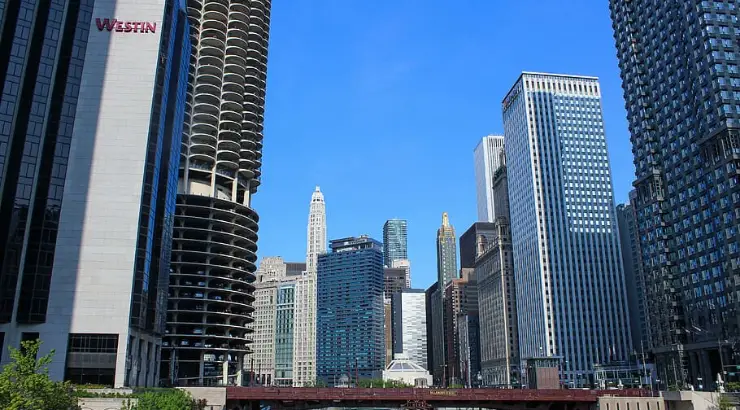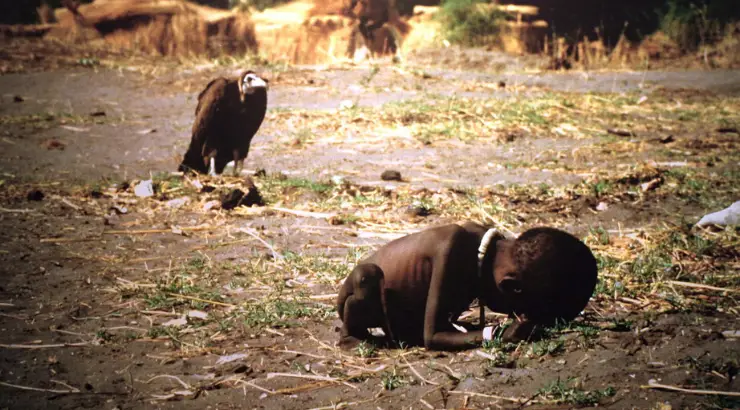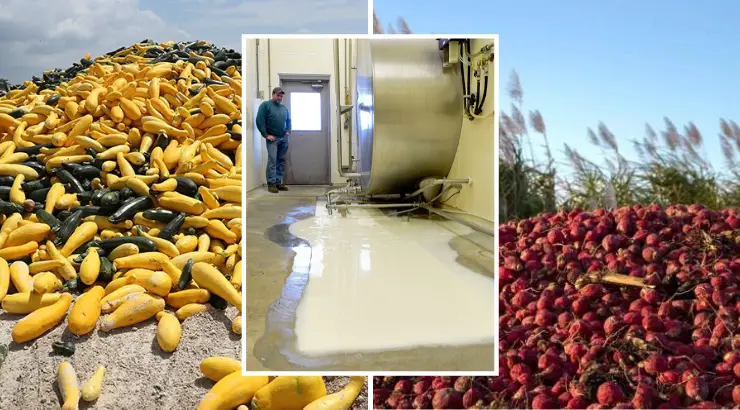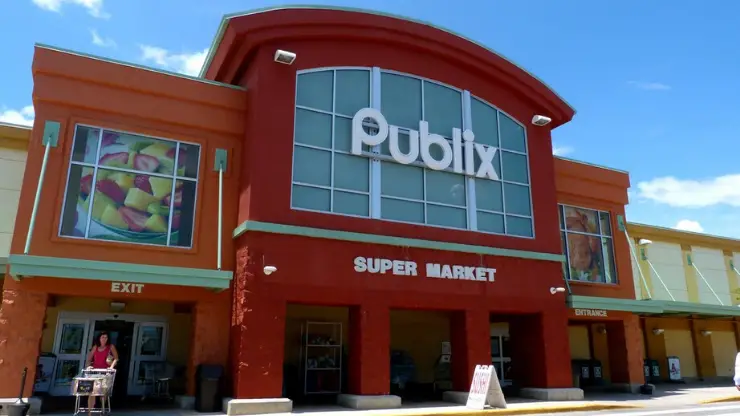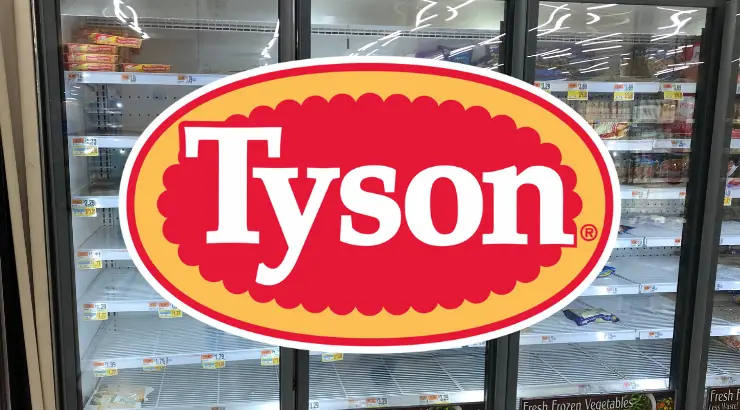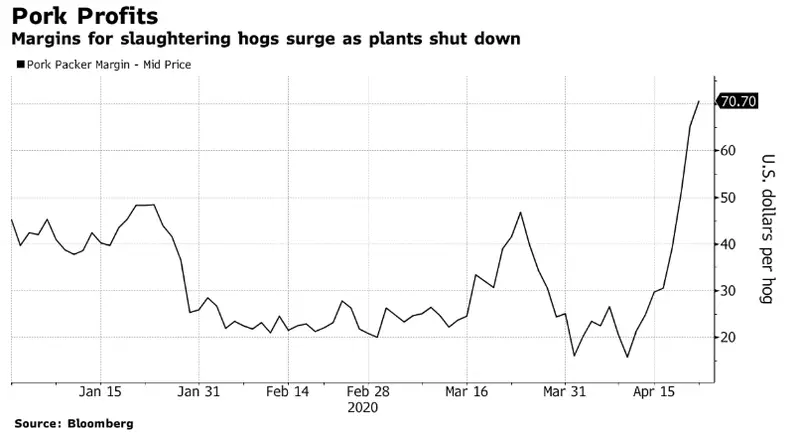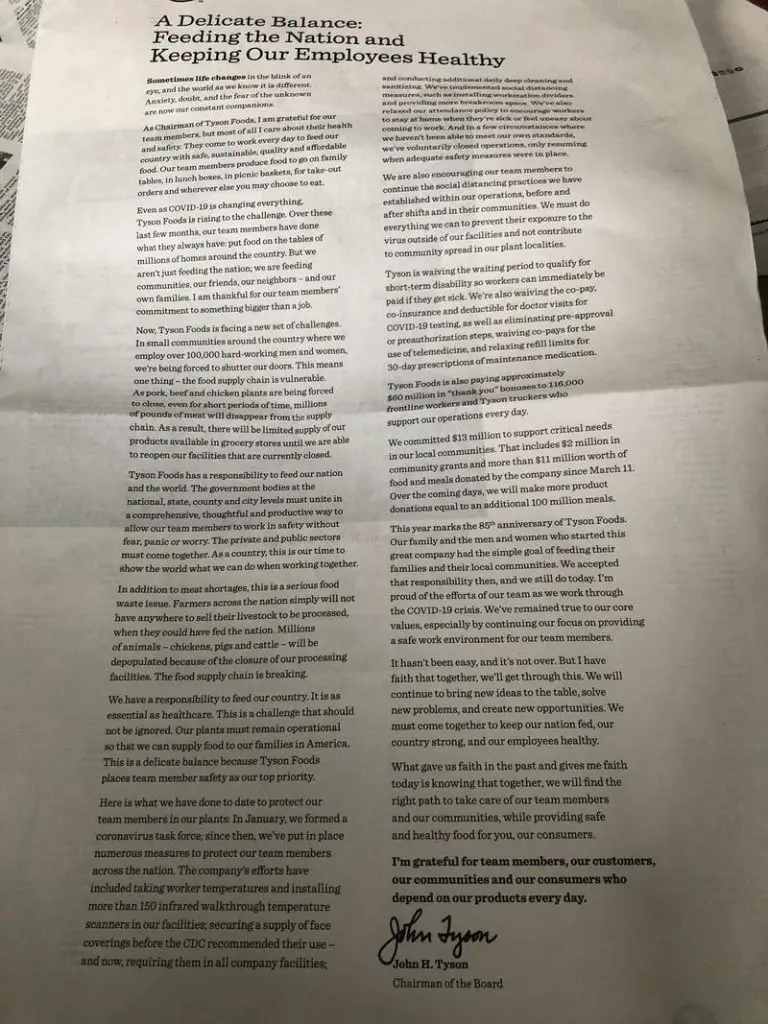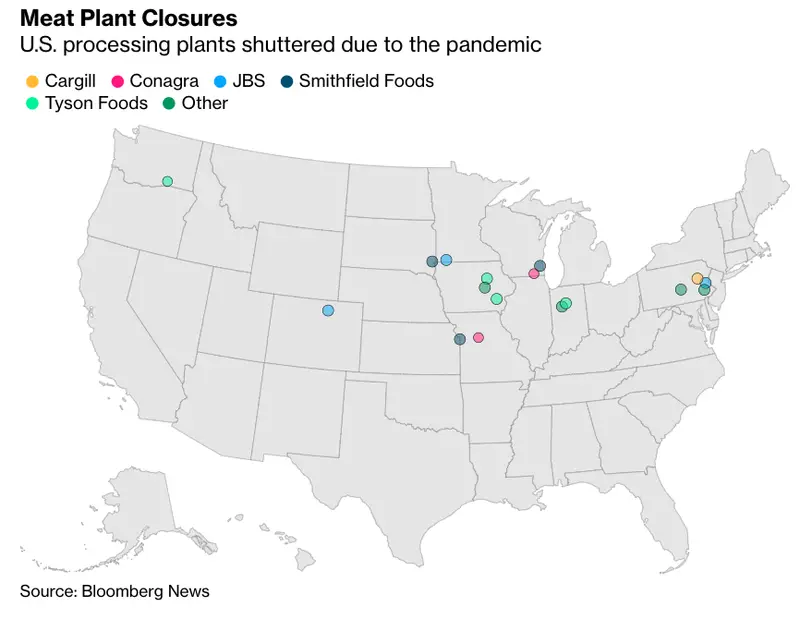Journalists and Dissidents Arrested in Coronavirus Crackdowns Across the World
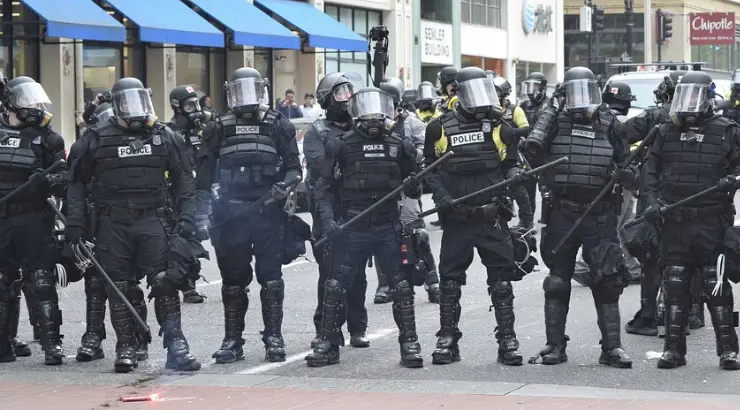
(OD) — Journalists, activists and workers struggling to follow strict lockdown rules have been harassed, arrested and even killed across the world this week, as governments use the coronavirus crisis to roll back democracy and crack down on dissidents.
And it’s not just governments taking advantage of the crisis. openDemocracy revealed this week that Brexit-supporting hedge fund managers are shorting the stock of one of the key companies making personal protective equipment in the UK.
Asia
- China The Beijing and the Hong Kong governments are using the pandemic as a “golden opportunity” to crack down on dissent and the growing pro-democracy movement, according to one of fourteen senior protest leaders who were arrested.
- Papua New Guinea The autonomous region of Bougainville will delay an election scheduled for early June by up to two months because of the pandemic.
- Tajikistan A court invoked coronavirus restrictions to ban reporters from the trial of a journalist. He was jailed on charges of incitement to religious hatred for writing a study arguing that Islam did not justify acts of terrorism.
- Iran Two medical schools have filed criminal suits against journalists over their coverage of the pandemic in the country, the Committee to Protect Journalists said.
- Kazakhstan Rights defenders accused the government of using the health crisis to crack down on dissent after several activists in the Central Asian country were arrested for spreading ‘fake news’ about the pandemic.
- Pakistan The Islamabad High Court directed the Ministry of Information Technology to reconnect the Federally Administered Tribal Areas to the internet.
- Philippines A senator has called for the immediate implementation of a national ID system “to combat future pandemics” by tracing people’s travel history. President Duterte has called for people violating the lockdown to be shot, and those accused of doing so have been put in cages.
Middle East
- Qatar Authorities rounded up and expelled dozens of migrant workers after telling them they were being taken to be tested for COVID-19, Amnesty International reported.
- Israel Several thousand people demonstrated in Tel Aviv against coalition negotiations that extended the premiership of Benjamin Netanyahu, who is awaiting trial for corruption. Protest organisers called the talks “a governmental coup under cover of corona”.
- Lebanon Demonstrations over lockdown measures reignited as protesters accused the government of using the crisis as cover for unpopular economic reforms.
- Iraq The army has been deployed in some residential areas to prevent people from leaving their homes.
- Yemen Houthi courts have sentenced four journalists to death and four others to prison this month.
- Palestine Palestinians wanting to know if they can travel to Israel have been ordered to download an app granting the military wide-ranging access to their devices. Users have to allow Israeli authorities access to the device’s location, any files and to the device’s camera.
Africa
- Liberia The army has intimidated journalists and three soldiers are under investigation for lockdown brutality after a woman was stabbed in the arm.
- Burundi Burundians living abroad will not be able to vote in next month’s polls because of the pandemic, the foreign ministry said.
- Somalia Journalist Abdiaziz Ahmed Gurbiye was detained after criticising the government’s pandemic response on Facebook, the Committee to Protect Journalists said.
- Mali A second round of parliamentary elections went ahead after the government ignored appeals for postponement, with turnout expected to be even lower than in the first round.
- Nigeria At least eighteen people were killed by security forces according to a report by the National Human Rights Commission documenting “105 complaints of incidents of human rights violations” by authorities enforcing measures to curb the pandemic.
Europe
- Turkey Political prisoners including journalists and human rights activists were excluded from amnesties that will reduce the prison population by nearly a third in order to protect detainees from the pandemic.
- Russia The independent Novaya Gazeta newspaper deleted its investigation into the republic of Chechnya’s strict anti-coronavirus measures after Chechen leader Ramzan Kadyrov issued a threat to the journalist who wrote it.
- Belarus Non-governmental groups began crowd-funding campaigns to buy protective equipment for health workers after the president, Alexander Lukashanko, continued to deny the virus was causing deaths in the country.
- UK Journalist Michael Segalov said he was harrassed by police who accused him of “killing people” when he filmed their apparently heavy-handed behaviour towards a woman in a London park.
- UK Two out of three FTSE 100 companies are holding annual meetings behind closed doors this year, with no opportunity for shareholders to hold directors to account by asking them unfiltered questions in real time.
- France Youths in seven towns fought police in violent protests against lockdown enforcement.
- Netherlands Data breaches were discovered within Covid19 Alert, one of numerous apps designed to track people who may be infected with the novel coronavirus. Potentially up to 200 names, email addresses and encrypted passwords were left vulnerable.
- UK The Guardian has seen documents showing US surveillance giant Palantir is involved in an NHS project that “includes large volumes of data pertaining to individuals, including protected health information, Covid-19 test results, the contents of people’s calls to the NHS health advice line 111 and clinical information about those in intensive care”.
- UK A biometric company, Nomidio, is offering its identity verification service to the Department for Work and Pensions free of charge, claiming it will allow smartphone users an easier way to prove their identity.
Americas
- US President Donald Trump said he will sign an executive order temporarily suspending all immigration in order to “protect jobs”.
- Brazil President Jair Bolsonaro joined a march against the lockdown in which protesters called for military intervention.
- Brazil Lawyers and politicians asked the Supreme Court to suspend recently introduced provisional measures that pass on citizens’ and companies’ data to the Brazilian Institute of Geography and Statistics. According to the government, the data will be used for “interviews in person in the context of home surveys”. The institute stated that the data “will be fundamental to face the health and economic challenges of the Brazilian reality during the COVID-19 pandemic”. The measures are already in force, but need the approval of the National Congress.
- Argentina A 21-year-old man who joked on Twitter about the government’s “pillage plan” was arrested by a government ‘cyberpatrol’ and is being prosecuted for ‘public intimidation’.
- Mexico The government issued a warning against one of Mexico’s main TV broadcasting channels, TV Azteca, as one of its news anchors said not to trust the deputy health minister after a governor said the national death tolls were not up to date.



